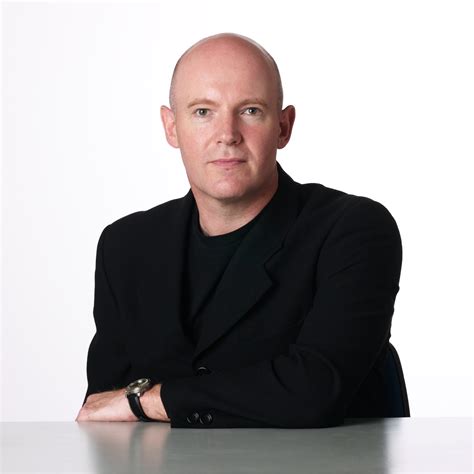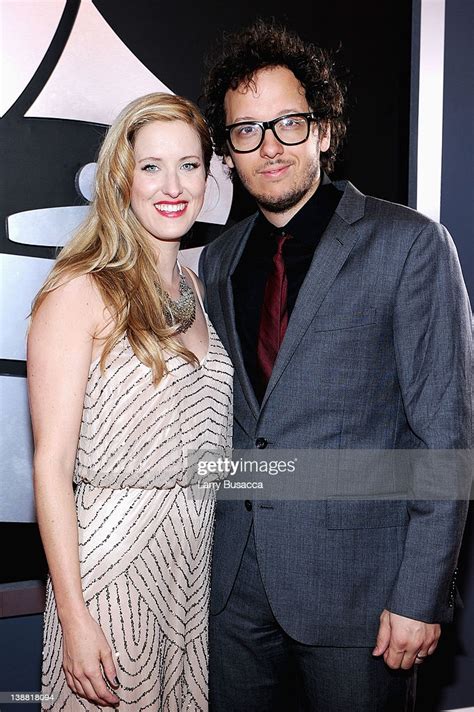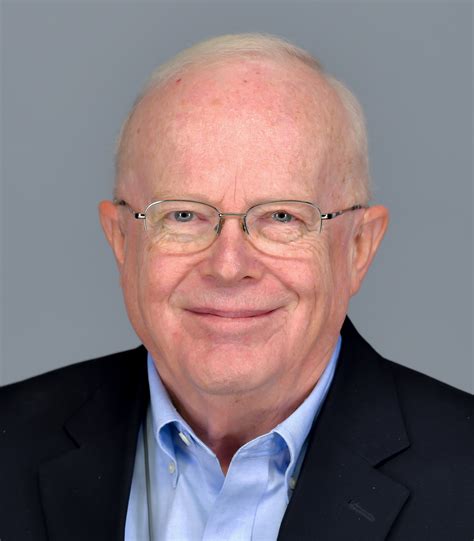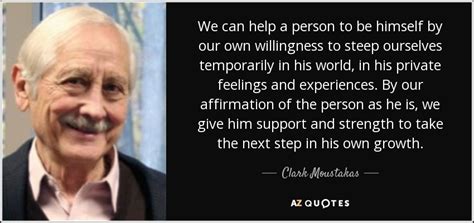A Quote by Julian Treasure
Every individual's listening is as unique as his or her fingerprints because we all listen through filters that develop from our personal mix of culture, language, values, beliefs, attitudes, expectations and intentions. That is why one person's musical taste is another person's hideous noise.
Related Quotes
Deep listening is the kind of listening that can help relieve the suffering of another person. You can call it compassionate listening. You listen with only one purpose: to help him or her to empty his heart. Even if he says things that are full of wrong perceptions, full of bitterness, you are still capable of continuing to listen with compassion. Because you know that listening like that, you give that person a chance to suffer less.
A soulmate is an ongoing connection with another individual that the soul picks up again in various times and places over lifetimes. We are attracted to another person at a soul level not because that person is our unique complement, but because by being with that individual, we are somehow provided with an impetus to become whole ourselves.
More and more I've come to understand that listening is one of the most important things we can do for one another. Whether the other be an adult or a child, our engagement in listening to who that person is can often be our greatest gift. Whether that person is speaking or playing or dancing, building or singing or painting, if we care, we can listen.
Perhaps the most significant thing a person can know about himself is to understand his own system of values. Almost every thing we do is a reflection of our own personal value system. What do we mean by values? Our values are what we want out of life. No one is born with a set of values. Except for our basic physiological needs such as air, water, and food, most of our values are acquired after birth.
Every relationship for a Christian is an opportunity to love another person like God has loved us. To lay down our desires and do what's in his or her best interest. To care for him or her even when there's nothing in it for us. To want that person's purity and holiness because it pleases God and protects him or her.
Our inner strengths, experiences, and truths cannot be lost, destroyed, or taken away. Every person has an inborn worth and can contribute to the human community. We all can treat one another with dignity and respect, provide opportunities to grow toward our fullest lives and help one another discover and develop our unique gifts. We each deserve this and we all can extend it to others.
Every human being is inherently a unique and individual form of life. He or she is made like that. But there is something which a person can do over and above the given material of her nature, and that is she can become conscious of what makes her the person she is, and he can work consciously toward relating what is himself to the world around him.
Creative power has to filter through our beliefs, attitudes, emotions, and habits. The more negative and constricted our beliefs and patterns are, the more they block the creative energy. Most people hope that by ignoring negativity, it will go away, but the reverse is actually true. Through recognizing, acknowledging, and experiencing it, the blocked energy can be released. You are then free to replace it with positive beliefs and attitudes.
It is difficult for me to imagine what “personal liberty” is enjoyed by an unemployed hungry person. True freedom can only be where there is no exploitation and oppression of one person by another; where there is not unemployment, and where a person is not living in fear of losing his job, his home and his bread. Only in such a society personal and any other freedom can exist for real and not on paper.































